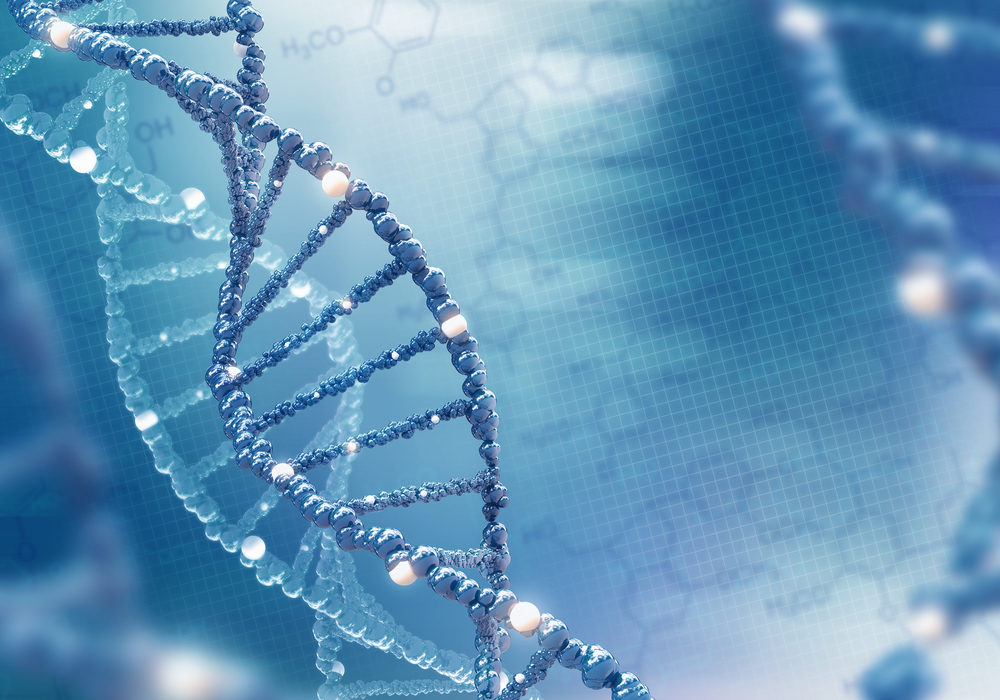AskBio and UNC Team Up to Develop Angelman Syndrome Gene Therapy
Written by |

Asklepios BioPharmaceutical (AskBio) and the University of North Carolina at Chapel Hill (UNC) have entered into an agreement for the development of a gene therapy for Angelman syndrome.
Angelman syndrome is caused by the loss-of-function of the maternally inherited ubiquitin protein ligase E3A (UBE3A) gene. The lack of this gene leads to developmental problems in the brain, which commonly causes problems with speech and motor control, as well as epilepsy.
The conceptual idea behind gene therapy for Angelman is to restore the missing function of this gene either by introducing a brand new version, or by “turning on” the paternally inherited copy, which usually is silenced in the brain.
Gene therapies are typically delivered to cells in the body by means of an engineered virus, because viruses are very good at getting genetic information into cells. AskBio specializes in the development of gene therapies based on adeno-associated virus (AAV), a type of weakened virus that is generally considered well-suited for therapeutic purposes because it is good at infecting human cells, but does not cause disease.
“This collaboration allows us to leverage groundbreaking research from UNC and apply our AAV development capabilities to find a gene therapy treatment for Angelman syndrome. We look forward to advancing this program together,” Sheila Mikhail, CEO and co-founder of AskBio, said in a press release.
UNC researchers, led by Mark Zylka, PhD, and Ben Philpot, PhD, have demonstrated that gene therapy could be beneficial for seizure- and motor-related outcomes in mouse models of Angelman syndrome. They also have pioneered research into use of the gene-editing technology CRISPR/Cas-9 as a means of activating paternally inherited UBE3A.
“[O]ur gene therapy approaches hold the potential to correct this disorder at its genetic roots. We are incredibly excited to partner with AskBio, as they have been vanguards of clinical gene therapies for rare diseases,” said Zylka, who serves as the director of the UNC Neuroscience Center.
“We look forward to advancing this transformative treatment to the clinic and potentially improving the lives of individuals with Angelman syndrome,” added Philpot, the associate director of the UNC Neuroscience Center.
Financial terms of the agreement were not disclosed.
“The partnership between AskBio and UNC could transform the lives of people living with Angelman syndrome by providing them with a potential therapy for this rare disease,” said Amanda Moore, CEO of the Angelman Syndrome Foundation. Moore added that the collaboration, “brings us [the Foundation] a step closer to delivering a viable gene therapy to the people and families we serve.”





